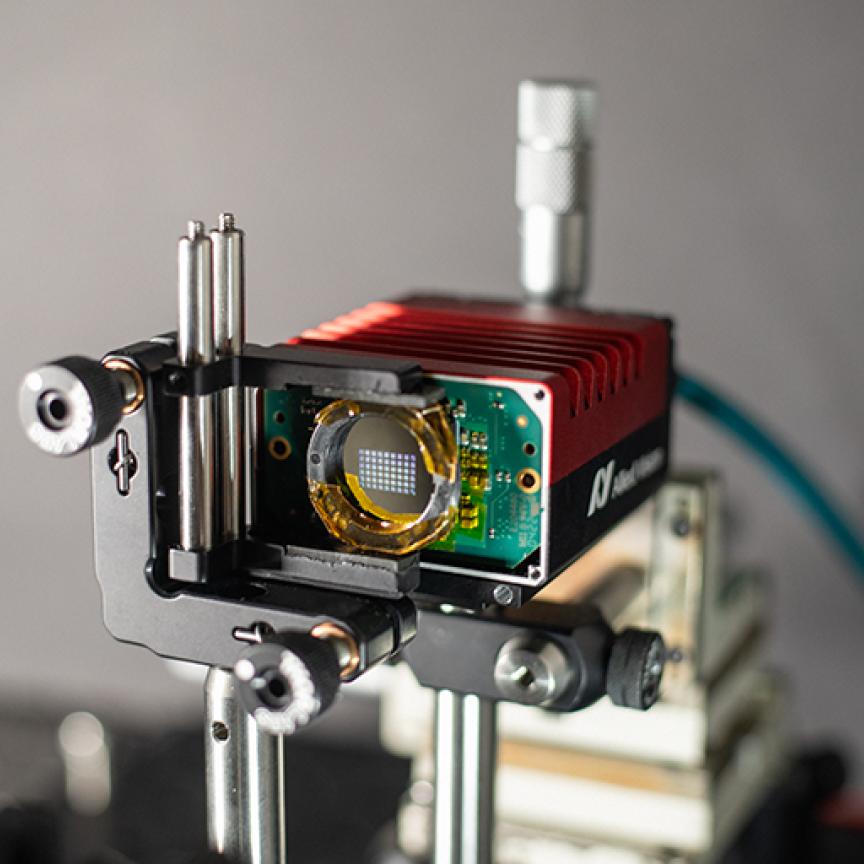Xfuse. LLC, a developer of customizable imaging and video technology, entered the race to develop the next generation of artificial intelligence vision technologies. The Xfuse proprietary high-performance Image Signal Processing (ISP) technology supports multiple different sensor types simultaneously to fuse data-rich HDR video in real-time with minimal latency. These location aware data streaming technologies from the Xfuse Phoenix HDR ISP offer both in-house and independent engineers’ complete control over the critical imaging pipeline necessary to rapidly advance self-aware robotics, autonomous guided vehicles, machine vision, and more.
To make the advancements necessary for full-autonomous vehicles to safely navigate roads, developers require higher levels of accuracy and reduction of errors in the complex data streaming from multiple sensors. The Xfuse team has more than seven years of expertise developing the real-time ISPs for Multi-Processor System on Chip (MPSoC) devices, multi-sensor guidance modules and their necessary software tools. The Xfuse team’s flagship offering, the Phoenix HDR ISP, will enable developers to fuse video data with output from multiple non-image sensors like thermal, GPS, Lidar, radar, gyroscope, as well as other Xfuse software and tools.
“Our proprietary ISP offers engineers full control over the complete imaging pipeline to fuse data streaming from an array of imaging and non-imaging sensors in real-time,” said Alfred Zee, President and CEO of Xfuse, LLC. “The market for autonomous mobility of all types is currently dominated by a few very large companies and is expected to grow to $675B by 2030. By offering our technology to both in-house development teams and independent developers, we are helping them streamline their time to market and lowering development costs for the next generation of autonomous vision applications.”
Flagship Phoenix HDR ISP
The Xfuse Phoenix HDR ISP is a fully programmable ISP delivering the flexibility developers need to drive the next generation of autonomous machine vision technologies. Customizable to each developers’ individual needs, Phoenix can process imaging and non-imaging data from numerous sensors regardless of brand, resolution, or color filter array (CFA). Ideal for developers seeking ultra-fast response times in real-time HDR video signals, Phoenix processes video with extremely low latency and no external DRAM or frame buffers. The ISP runs exclusively in the FPGA fabric to free on-chip CPU and GPU computing for improved AI functionality. The Phoenix ISP will be rolled out to developer platforms soon.

